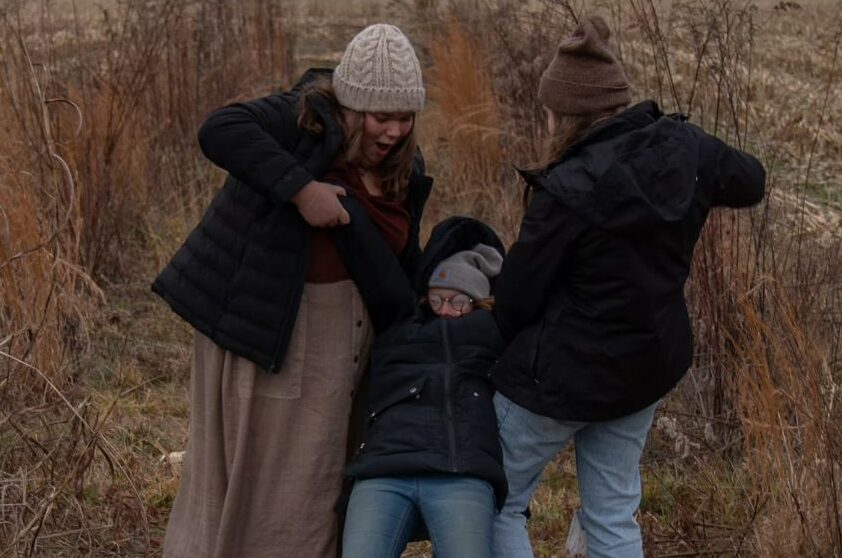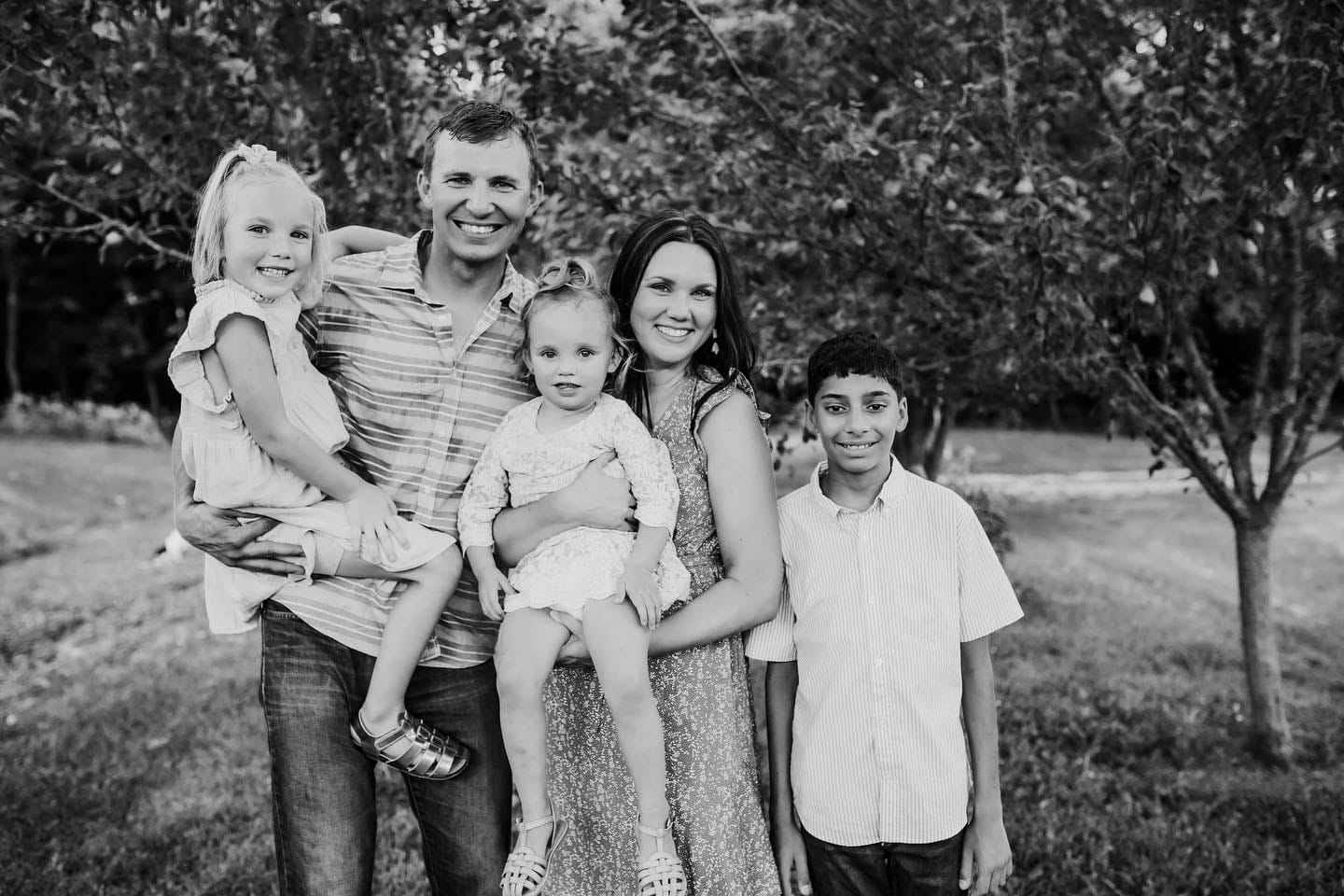
Written by Sarah Wilson
“Hi, I’m Sarah, I’m going to be helping you, your brother, and your mom. I’m a CASA, that stands for Court Appointed Special Advocate, but the name and what it stands for isn’t very important because you can just call me Sarah. What is important is that I am going to try my best to help make sure that all the new grown-ups you’ve been meeting lately know what you want and what you have to say. At least once each week, I will come visit you and your brother at your foster mom’s house and talk about anything you want to talk about, and if you don’t feel like talking then that’s okay too. I’ll probably have a coloring book and markers and we can just sit and color and draw together instead. I might ask you some questions sometimes too, and you can ask me any questions you want. I really want to help do anything that I can to help you and your brother, so you can ask me to do anything that would help you guys and I will work my absolute hardest to try and get it done.”
“Are you going to help my mom too?” she asks.
“Yes, I’m going to try to help your mom too. What does your mom need help with?”
“Well, um, sometimes ‘E’ is mean to her and yells and hits her,” she pauses for a second, “and I don’t like that.” I make a note about possible domestic violence and to ask mom about her relationships.
“Do you have any other questions for me?”
“Um, yes,” she answered, “how does God make people?” Kids will take you very seriously when you tell them they can ask you any questions.
I’m Sarah Wilson and I’m a CASA advocate. CASA stands for Court Appointed Special Advocate. I first got involved in CASA in 2014 while still an undergraduate student at the University of Iowa. I have always loved working with children, which is why I decided to study speech pathology. While working with children with special needs, I felt like I wanted to do more and that I had more to give. However, because I was a student, I felt like my options, as well as, my time, were a bit more limited in how I could reach out to help children in crisis. I had always thought about possibly becoming a foster parent and after doing some research, I found the CASA program and I knew immediately that it was the opportunity I was searching for!
Before you become an official CASA, you have to complete 30 hours of training on topics like child development and family dynamics, trauma informed care, juvenile law and legal procedure, child abuse and neglect issues, and advocacy skills. Once you’ve completed the training course, you get to go to the court house for an official hearing where you will be sworn in by the judge. After that you’re officially a CASA Advocate and you are assigned your first case!
CASAs make a huge difference in the lives of foster children! For any child, regardless of whether they are involved in the foster care system, the importance of having just one trusting, caring adult in their lives is extremely vital in a child’s ability to thrive. Children with a CASA are more likely to find a safe, permanent home. They are half as likely to reenter foster care and substantially less likely to spend time in long-term foster care compared to children without a CASA. Children without CASAs also spend an average of eight months more in foster care. In addition, children with a CASA advocate are far less likely to be bounced from home to home while in foster care. Children with CASAs are able to get more services, as well as, their parent(s)/families. The ways in which a CASA makes a difference are endless!
However, these results do not come without challenge. Sometimes it can seem like you’re treading water and going nowhere. Other days the waves feel like they might swallow you, but you persist and fight harder to get your child to the shore, where they’ll be safe and can begin to thrive, not just survive. I think it’s important to remember, though, that when you feel those emotions and feel like the waves are crashing over you, your child is feeling those same feelings ten-fold, lean into those moments with them. The frustration that you are feeling at the system and the fear of the unknown for this child are important. You can use those feelings to relate to the frustrations and fears that your child is feeling. Be ready to have your heart opened to places you didn’t think existed in yourself. Keep an open mind and always try to see the strengths of the family. Working with children in foster care is not easy, but it is rewarding and being a CASA does make a difference for the child and their family. It is so important to keep in mind how your efforts can affect that child’s life so they can begin to heal and thrive.
If you are looking to get involved in foster care, but aren’t ready to make the commitment to full-time foster parenting, then CASA could be a great fit for you! CASAs work an average of 10 hours a month on their case, so if you can find an extra two or so hours in your week, then you have time to be a CASA.



